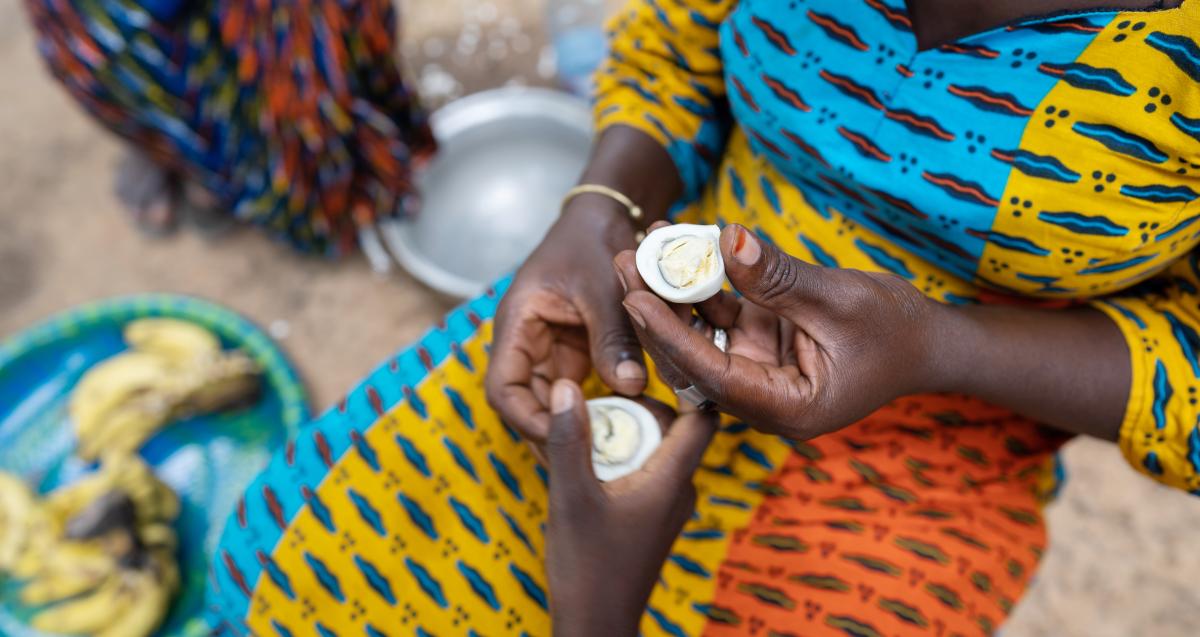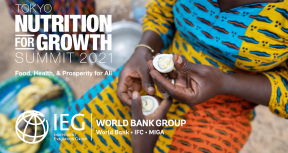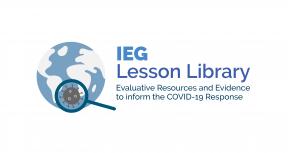Undernutrition negatively affects the health, physical growth, and cognitive development of children. The consequences last through adulthood and reduce their potential to learn and contribute to society, ultimately affecting human capital accumulation in countries.
This evaluation assesses the contribution of the World Bank to improve nutrition in children during 2007-2018 (FY08–FY19). It uses evidence at the global, country, and portfolio levels, and seeks to
- Assess the contribution of the World Bank in improving outcomes related to reducing child undernutrition and improving nutrition determinants, and
- Inform the design of future nutrition support.
At the global level, the report offers an interactive systematic review map (SRM) that synthesizes existing evidence from the literature on the effectiveness of nutrition-specific and nutrition-sensitive interventions on nutrition outcomes.
At the country level, the report found addressing behavior change and social norms to be important for improving nutritional outcomes. To help apply some of the lessons, IEG developed a Mapping Tool for Planning and Measuring Nutrition Interventions for Behavior Change (PDF).










